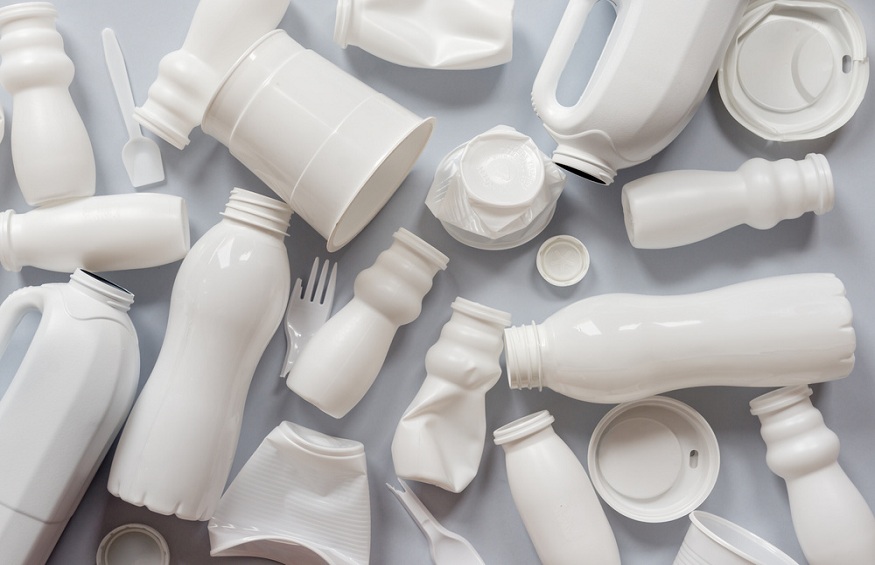Research Team Turns Scrap Plastic into Graphene

Countless researchers around the world are looking for ways to deal with the ongoing plastic waste problem. From chemical means to biological means and everything in between, nothing is off the table. Even electricity is in play. Thanks to a research team from Rice University, there appears to be a way to turn scrap plastic into graphene by hitting it with electricity.
The team has discovered a way to apply electrical pulses to certain types of plastic in order to turn them into a soluble graphene that can be utilized to improve other materials like concrete and composites. Graphene is a carbon allotrope with an interesting honeycomb structure. It is both lightweight and strong. Not only that, but it also conducts heat and electricity, absorbs light, and can withstand a tremendous amount of punishment.
It’s a Chemical Reaction
Those of us without a scientific background wouldn’t be expected to understand how electricity can transform plastic into graphene. In layman’s terms, it is really just a chemical reaction.
The Rice University team utilizes controlled pulses of electricity to rapidly increase the temperature of a plastic sample. Meanwhile, the rapid temperature increase initiates a chemical reaction that changes the properties of the plastic. When it’s all said and done, the team is left with graphene.
The team refers to their process as an up cycling process. They are taking plastic waste and up cycling it to create an entirely new material with plenty of practical applications. But in order to up cycle, someone needs to recycle.
Recycling Industrial Plastic Waste
Consumer plastic samples were apparently used by the Rice team in their research. That being the case, making the process scalable and efficient enough to utilize with post-consumer plastics would give us an opportunity to keep more such plastics out of landfills. But what about industrial plastic waste?
It is not clear if industrial plastics could be utilized to create this new graphene. In theory, any type of plastic should be workable. But theory and practice are rarely identical.
It may be worth looking into for the simple fact that industrial plastic waste is recycled far more effectively than consumer plastics. Companies like Tennessee-based Seraphim Plastics recycle tons of industrial materials every year. The industrial plastic recycling industry can provide a steady stream of material for graphene production.
More Opportunities Are Better
Being able to turn plastic waste into graphene on an industrial scale would give companies yet another option for dealing with their scrap plastic. Likewise for municipal recycling programs that need demand for their products in order to remain viable. Up cycling to create graphene would open a whole new market.
That is good in the sense that more opportunities are better for recycling all the way around. Consider this: Seraphim Plastics recycles a lot of industrial plastic waste, but it cannot recycle everything. There are certain types of plastic waste the company cannot deal with effectively.
What if that waste could be recycled and sent to another operator who turns it into graphene? Now Seraphim has the opportunity to buy and keep more plastic waste out of the waste stream.
The Market Will Work If We Let It
It remains to be seen if the Rice team’s process makes it as a mainstream u pcycling option. As long as it can be scaled efficiently and effectively, it could prove to be a useful option. But ultimately the market will decide.
The market will work if we let it. Where there is money to be made in recycling and up cycling, entrepreneurs will figure out how to do it. That is the best way to address the plastics problem.








